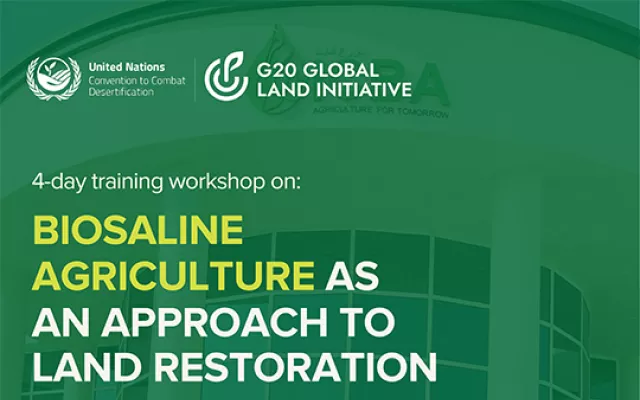Biochar doubling-up the benefit: Soil functions improvement and carbon sequestration value
28 August 2014
Biochar is a solid fine-grained material obtained from the carbonization of biomass under oxygen-limited conditions. Biochar may be applied directly to soils with the intention to improve soil functions and to reduce emissions from biomass. Due to its stability, biochar has an important role in carbon sequestration (the process of capturing CO2 before it escapes into the atmosphere).
This 2,000 year-old practice converts agricultural waste into a soil enhancer that can hold carbon, boost food security, and increase soil biodiversity, and discourage deforestation. The process creates a fine-grained, highly porous charcoal that helps soils retain nutrients and water as the international Biochar initiative explained.
Biochar is found in soils around the world as a result of vegetation fires and historic soil management practices. Intensive study of biochar-rich dark earths in the Amazon (terra preta), has led to a wider appreciation of biochar’s unique properties as a soil enhancer.
Dr. Abdullah Alshankiti, Soil Scientist ICBA, said that Biochar can be an important tool to increase soil productivity in areas with severely depleted soils, scarce organic resources, and inadequate water and nutrient supplies. Sandy soil could benefit the most.
“Biochar has been reported to improve soils physical and chemical properties. It contributes to increase cation-exchange-capacity (CEC) which affects the ability for soils to hold nutrients, increase nutrient uptake, and decrease nutrient losses through leaching.”, added Dr. Alshankiti; who confirmed that ICBA envisions great potential for Biochar and its role in improving soil functions in marginal land across the world and help in attaining food security through enhanced land productivity.
ICBA has been a member of International Biochar initiative (IBI) since 2013 and currently work is undergoing at ICBA to produce Biochar from date palm and Conocarpus waste and to investigate its effect on soil productivity and improving compost quality.
The International Biochar Initiative (IBI) was formed in July 2006 at a side meeting held at the World Soil Science Congress (WSSC) in Philadelphia, PA. At the 2006 meeting, individuals and representatives from academic institutions, commercial ventures, investment bankers, non-governmental organizations, federal agency representatives, and the policy arena from around the world acknowledged a common interest in promoting the research, development, demonstration, deployment (RDD&D) and commercialization of the promising technology of biochar production.










